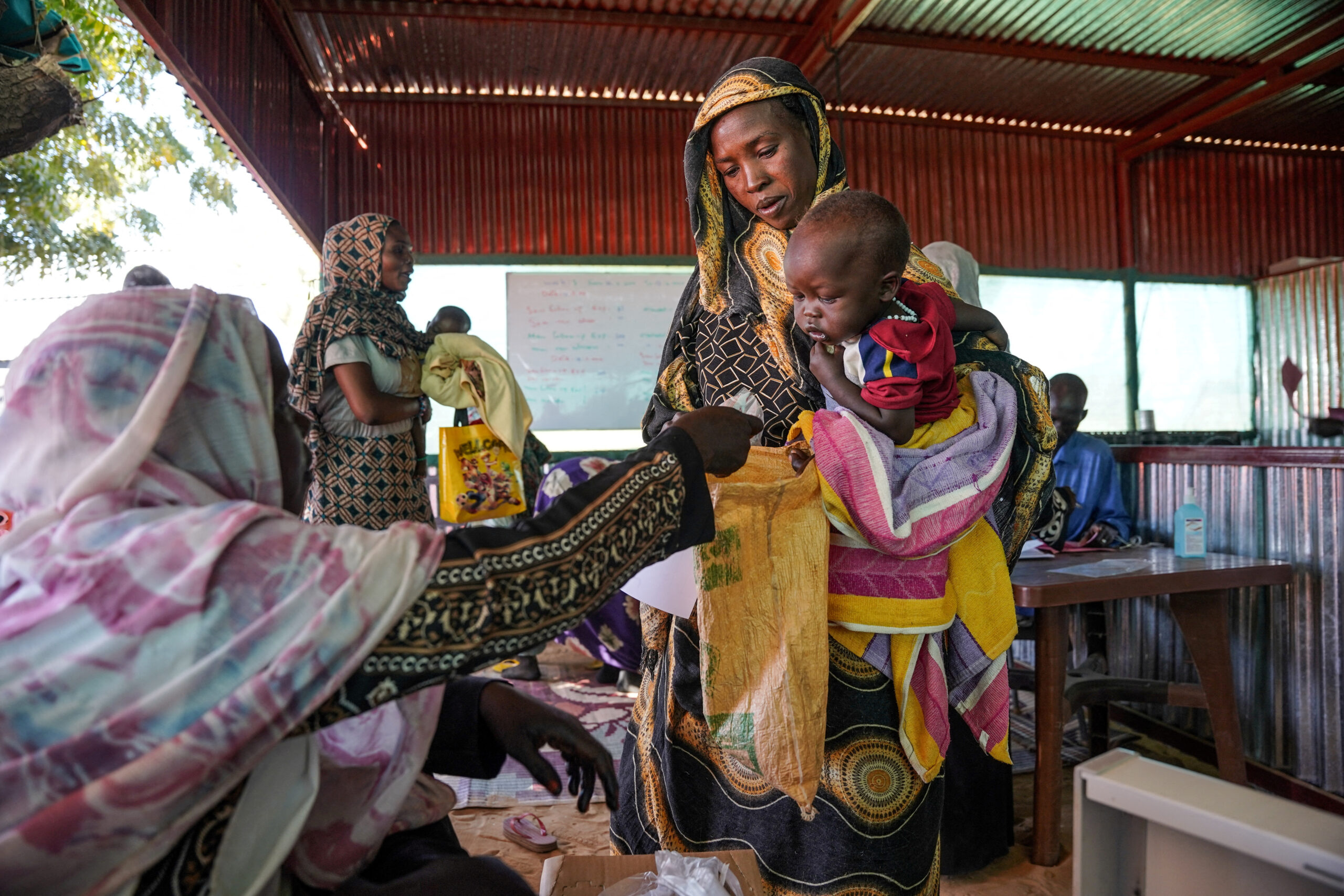
Global Hunger Monitor reports that 14 places in Sudan are at risk of famine
In a rapidly deteriorating food crisis that the World Food Program dubbed the greatest in history, a global watchdog warned on Thursday that there is a realistic possibility of famine in 14 locations across Sudan if the conflict that started in April of last year continues.
The regions that have witnessed the most conflict are those that the Integrated Food Security Phase Classification (IPC) lists as being at risk of famine: El Gezira state, the regions of Darfur and Kordofan, and the capital city of Khartoum.
The findings, according to the report, represented the greatest levels of hunger seen in Sudan since the IPC was established 20 years ago and a “stark and rapid deterioration of the food-security situation” since December.
In the lean season, which lasts until September when there is less produced food available, the number of individuals experiencing a hunger crisis increased by 45% to 25.6 million, or more than half the population, according to the estimate.
A fifth of the population, or around 8.5 million people, are at risk of acute malnutrition and death due to food shortages, or they may need to use emergency coping mechanisms. Approximately 756,000 individuals are expected to be in “catastrophe,” the most severe state of intense hunger, up from zero in December, as previously reported by Reuters.
The Sudan country director of the humanitarian organization Plan International, Mohammed Qazilbash, stated in a statement that “this disaster is man-made and was preventable.”
“Our time to act was six months ago – it is unconscionable that there are now more than 8 million people on the brink of famine.”
More than 14 months ago, fighting broke out in the capital between the Sudanese army and the Rapid Support Forces (RSF), swiftly spreading to other regions of the nation.
It has set off ethnically motivated bloodshed in Darfur’s western area, brought about the largest internal displacement crisis in history, and divided the nation’s government between the opposing factions.
A food crisis that has already forced some Sudanese people to eat dirt and leaves was declared the worst in the world by the World Food Program on Thursday. In a story published by Reuters last week, satellite images were analyzed to show how quickly cemeteries were growing as famine and illness spread.
MILITIA RISK
The primary international mechanism for gauging the severity of food emergencies is the International Peacekeeping (IPC), a partnership between U.N. agencies, national governments, and humanitarian organizations.
Phase 5, which has two levels: catastrophe and starvation, is its most severe warning.
A famine is proclaimed when there is a severe lack of food for at least 20% of the population in a given area, at least 30% of children are severely malnourished, and two out of every 10,000 people perish each day from starvation, disease, or malnourishment.
Famines have only been declared twice since the IPC was established, in parts of South Sudan in 2017 and in parts of Somalia in 2011.
According to the IPC, hunger in Sudan might very likely happen in the worst-case scenario, which would involve local militia involvement and an intensification of hostilities.
There has been a lot of fighting lately around the nation. This week, the RSF overran another state capital and made an invasion into Sennar state.
ASIATIC SUPPORTERS ‘COMPLICIT’
The working-class Mayo neighborhood of Khartoum, Tuti Island on the Nile, Madani, the capital of Gezira, the hub of trade, and the besieged city of al-Fashir in North Darfur are among the 14 localities listed by the IPC as being at risk of famine.
It also covers camps for displaced people and refugees in and around Nyala, the South Darfuri capital, as well as in West Darfur and South Kordofan. The RSF has taken control of or launched attacks against most of the areas.
On Wednesday, U.N. experts charged that both opposing groups were obstructing, pillaging, and abusing humanitarian aid in order to use food as a weapon of war. Both parties deny obstructing assistance.
“Foreign governments providing financial and military support to both parties in this conflict are complicit in starvation, crimes against humanity and war crimes,” the UN experts stated in a statement.
They also demanded that local humanitarian networks and volunteers who are “risking their health and lives and working across battle lines” receive more support from the UN and foreign funders, and that they reconsider their current strategy.
All Categories
Recent Posts
Tags
+13162306000
zoneyetu@yahoo.com



